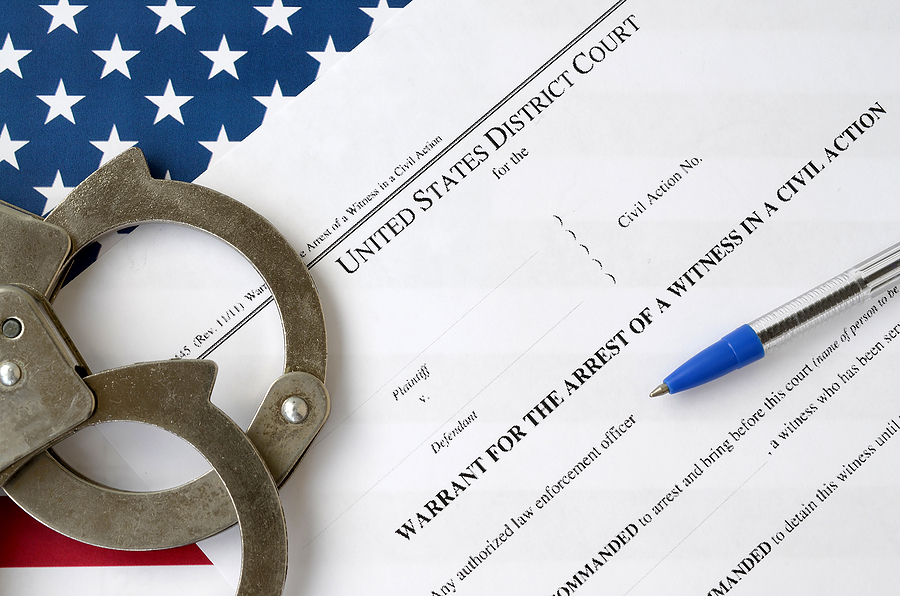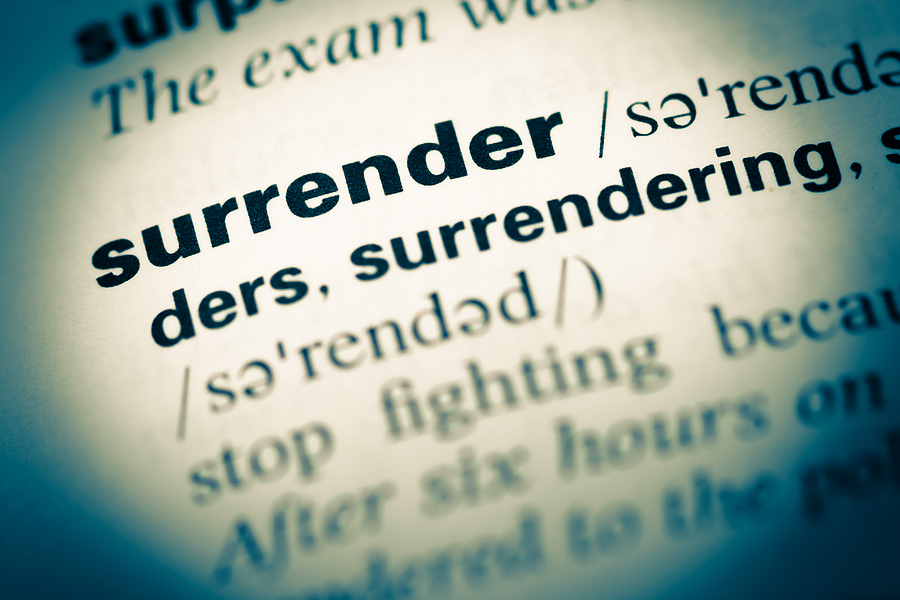Getting arrested can be overwhelming, but understanding the bail bond process in Monroe County doesn’t have to add to your stress. Whether you’re dealing with an arrest near Indiana University or need assistance posting bail at the Monroe County Jail, knowing your options can make all the difference in securing a quick release.
Monroe County, home to Indiana University in Bloomington, sees its fair share of arrests throughout the year. From college-related incidents to more serious charges, the need for reliable bail bond services remains constant. The bail bond process serves as a bridge between arrest and trial, allowing individuals to return to their families and jobs while awaiting their court date.
This comprehensive guide will walk you through everything you need to know about Monroe County bail bonds, from understanding the costs involved to finding a reputable bail bondsman. By the end, you’ll have the knowledge needed to navigate this challenging situation with confidence.

How Bail Bonds Work in General
A bail bond is essentially a financial guarantee that ensures a defendant will appear for their scheduled court proceedings. When someone is arrested and taken to Monroe County Jail, a judge sets a bail amount based on factors like the severity of the charges, flight risk, and criminal history.
Most people cannot afford to pay the full bail amount upfront. This is where a Monroe County bail bondsman becomes invaluable. The bondsman posts the full bail amount with the court in exchange for a premium, typically 10% to 15% of the total bail amount. This premium is non-refundable, even if the charges are later dropped or the defendant is found not guilty.
For example, if bail is set at $10,000, you would pay the bondsman $1,000, and they would post the full $10,000 with the court. The defendant can then be released from Monroe County Jail while awaiting trial. The bondsman assumes the financial risk, trusting that the defendant will appear for all required court dates.
Cost of a Bail Bond in Monroe County
Understanding the financial aspects of Monroe County bail bonds helps you prepare for this unexpected expense. Indiana law regulates bail bond fees, with most bondsmen charging a standard 10% to 15% premium of the total bail amount. This rate is consistent whether you’re dealing with IU bail bonds for a college-related incident or more serious criminal charges.
Additional costs may include:
- Administrative fees (typically $50-$100)
- Collateral requirements for high-risk cases
- Travel expenses if the bondsman must travel outside their normal service area
- Payment plan setup fees
Some bail bondsmen in Bloomington Indiana offer payment plans to help families manage these costs. It’s important to discuss all fees upfront and get everything in writing before proceeding with the bail bond agreement.
How to Get Out of Jail in Southern Indiana
Responsibilities of a Bail Bondsman
A professional Monroe County bail bondsman serves multiple roles throughout the bail process. Their primary responsibility is posting bail with the court to secure your release from Monroe County Jail. However, their duties extend far beyond this initial transaction.
Your bondsman will explain the terms and conditions of your release, including court date requirements and any travel restrictions. They serve as a liaison between you and the court system, ensuring you understand your obligations and helping you navigate the legal process.
Many bondsmen also provide reminder services for court dates and can assist with paperwork or questions that arise during your case. In Monroe County, where Indiana University creates a transient population, bondsmen often work with out-of-state families who may be unfamiliar with local procedures.
If complications arise, such as missed court dates or violations of release conditions, the bondsman has the authority to locate and return defendants to custody. This protects their financial investment while ensuring the integrity of the bail system.
Finding a Reputable Bail Bondsman
Selecting the right bail bondsman can significantly impact your experience during an already stressful time. In Monroe County, where both local residents and Indiana University students may need these services, finding someone knowledgeable about local procedures is essential.
Start by verifying that any bondsman you consider is properly licensed in Indiana. The state requires bail bondsmen to complete training and maintain current licenses. Ask for references and check online reviews, paying particular attention to comments about professionalism and reliability.
Experienced Monroe County bail bondsmen understand the local court system, including typical processing times at Monroe County Jail and relationships with court personnel. This knowledge can expedite your release and provide valuable guidance throughout your case.
Look for bondsmen who offer clear pricing, explain all terms upfront, and provide written contracts. Avoid those who demand excessive collateral or make unrealistic promises about case outcomes. A professional bondsman focuses on their role in the bail process rather than providing legal advice.
Your Rights During the Bail Bond Process
Understanding your rights protects you from potential exploitation during a vulnerable time. You have the right to understand all terms and conditions of your bail bond agreement before signing. This includes knowing the exact amount of all fees, collateral requirements, and your obligations while on bail.
Indiana law provides certain protections for bail bond clients. Bondsmen cannot charge more than the state-regulated premium, typically 10% of the bail amount. You also have the right to receive a written contract detailing all terms of your agreement.
You should never feel pressured to sign documents you don’t understand or agree to terms that seem unreasonable. Take time to read all paperwork, ask questions, and seek clarification on anything unclear. If a bondsman refuses to explain terms or rushes you through the process, consider finding another service provider.
Remember that while a bondsman can help secure your release, they cannot provide legal advice about your case. Always consult with a qualified attorney for guidance on legal matters related to your charges.
Alternatives to Bail Bonds
Monroe County offers several alternatives to traditional bail bonds that may be available depending on your situation.
Own recognizance release allows defendants to be released without posting bail, based on their promise to appear in court. This option is typically reserved for minor charges and defendants with strong community ties.
Pretrial supervision programs allow release with conditions such as regular check-ins, drug testing, or electronic monitoring. These programs can be less expensive than bail bonds while still ensuring court appearance.
Some defendants may qualify for property bonds, where real estate is used as collateral instead of cash. This option requires significant paperwork and property evaluation but can be useful for those who own substantial assets but lack liquid funds.
Cash bail remains an option for those who can afford to pay the full amount upfront. While this requires significant resources, the money is typically returned after the case concludes, assuming all court appearances are made.
Conclusion and Next Steps
The bail bond process doesn’t have to be overwhelming when you have the right information and support. Monroe County’s unique characteristics, from Indiana University’s presence to local court procedures, require experienced professionals who understand the system.
If you or a loved one needs bail bond services in Monroe County, don’t wait. The sooner you act, the sooner you can secure release from Monroe County Jail and begin preparing your defense. Professional bail bondsmen are available 24/7 to help you navigate this challenging time with dignity and efficiency.
Call Woods Bail Bonds now for immediate assistance from experienced Monroe County bail bondsmen who understand both the legal requirements and the personal stress involved in this process. Your freedom and peace of mind are worth the phone call. We also offer assistance with arrest warrant surrenders.
Related Post: How to Find IU Bail Bonds After a Student Campus Arrest in Bloomington









